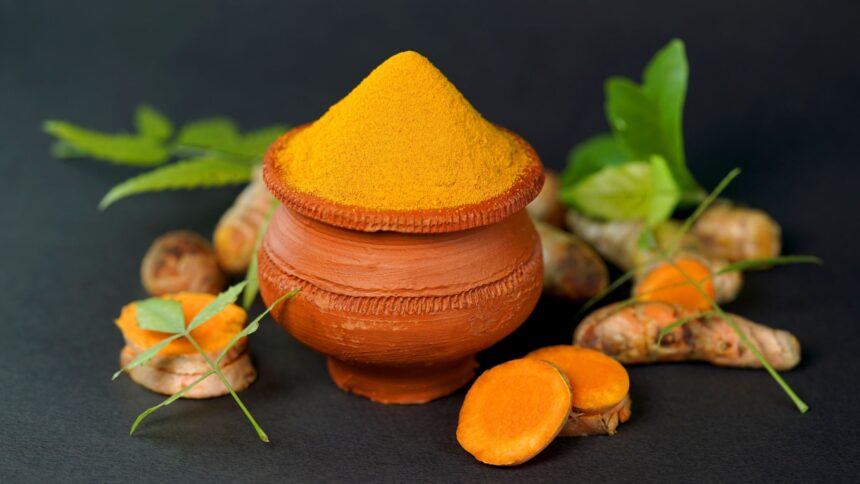Turmeric, a vibrant yellow spice native to Southeast Asia, has gained popularity in recent years for its potential health benefits. Its active compound, curcumin, has been extensively studied for its antioxidant, anti-inflammatory, and detoxifying properties. While turmeric is generally considered safe, it can interact with certain medications, potentially causing adverse effects. In this article, we will explore what medications should not be taken with turmeric, helping you make informed decisions about incorporating this spice into your diet.
What Medications Should Not Be Taken with Turmeric?
It is essential to be cautious when consuming turmeric alongside specific medications, including:
- Blood thinners: Turmeric may enhance the effects of blood-thinning medications, such as warfarin and aspirin, increasing the risk of bleeding.
- Diabetes medications: Turmeric can lower blood sugar levels, which may lead to hypoglycemia when combined with diabetes medications like metformin or insulin.
- Stomach acid-reducing drugs: Turmeric may interfere with the effectiveness of proton pump inhibitors, such as omeprazole and lansoprazole, as well as H2 blockers, like ranitidine and famotidine.
- Immunosuppressants: Turmeric’s immune-boosting properties may counteract the effects of immunosuppressant drugs, such as tacrolimus and cyclosporine, which are used to prevent organ rejection in transplant patients.
- Nonsteroidal anti-inflammatory drugs (NSAIDs): Turmeric may increase the risk of stomach ulcers when combined with NSAIDs, such as ibuprofen and naproxen.
- Antacids: Turmeric’s bioavailability may be reduced by antacids, which can affect the absorption of curcumin.
Turmeric and Blood Thinners
Turmeric may enhance the effects of blood-thinning medications, increasing the risk of bleeding. This interaction is primarily due to curcumin’s ability to inhibit platelet aggregation, which can lead to prolonged bleeding times. Individuals taking warfarin or aspirin should consult their healthcare provider before consuming turmeric or turmeric-based supplements.
Turmeric and Diabetes Medications
Turmeric can lower blood sugar levels, which may lead to hypoglycemia when combined with diabetes medications like metformin or insulin. This interaction is particularly relevant for individuals with pre-existing diabetes or those taking medications that affect blood sugar levels. Monitoring blood sugar levels closely is essential when incorporating turmeric into the diet.
Turmeric and Stomach Acid-Reducing Drugs
Turmeric may interfere with the effectiveness of proton pump inhibitors and H2 blockers, which are used to treat gastroesophageal reflux disease (GERD) and other stomach-related conditions. Curcumin’s ability to increase stomach acid production may counteract the acid-reducing effects of these medications.
Turmeric and Immunosuppressants
Turmeric’s immune-boosting properties may counteract the effects of immunosuppressant drugs, which are used to prevent organ rejection in transplant patients. Curcumin has been shown to stimulate the immune system, which may lead to an increased risk of organ rejection.
Turmeric and NSAIDs
Turmeric may increase the risk of stomach ulcers when combined with NSAIDs, which are commonly used to treat pain, inflammation, and fever. Curcumin’s ability to increase stomach acid production may exacerbate the stomach-irritating effects of NSAIDs, leading to an increased risk of ulcers.
Turmeric and Antacids
Turmeric’s bioavailability may be reduced by antacids, which can affect the absorption of curcumin. Antacids, which are used to neutralize stomach acid, can create an environment in the digestive tract that is less conducive to curcumin absorption.
Conclusion
When incorporating turmeric into your diet, it is essential to be aware of potential interactions with certain medications. While turmeric offers numerous health benefits, it is crucial to consult with a healthcare provider to ensure that it is safe to consume alongside any prescribed medications. By understanding the potential interactions and taking necessary precautions, individuals can harness the power of turmeric while maintaining their overall health and well-being.




